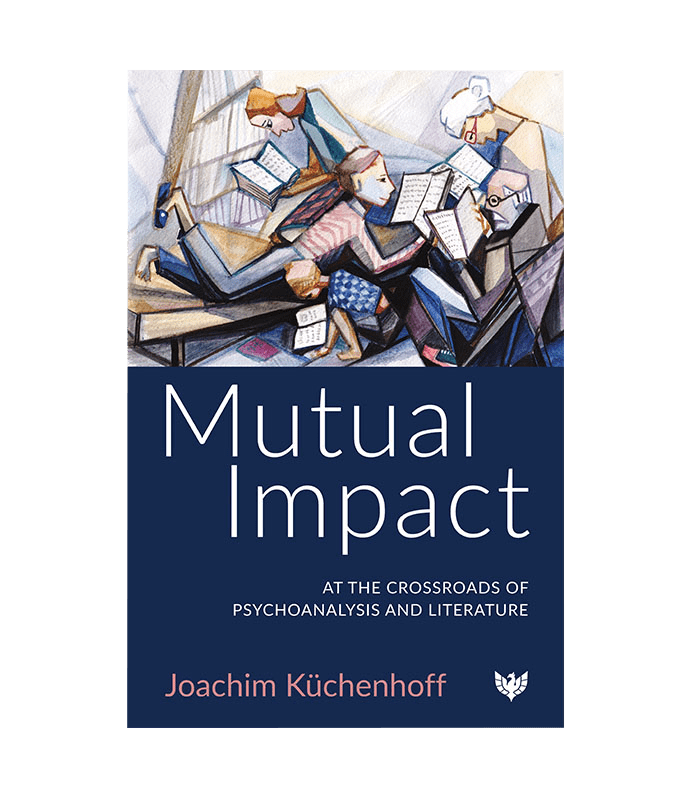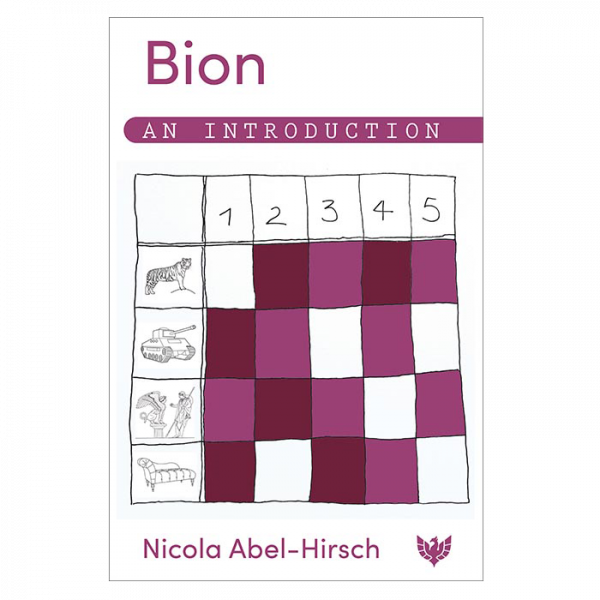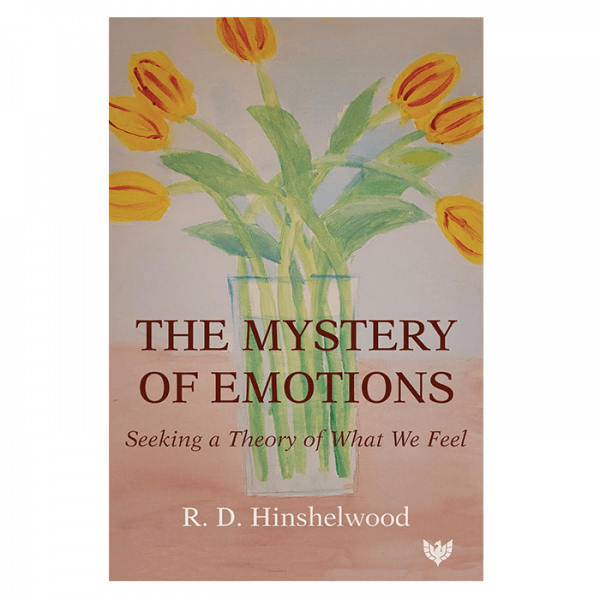What can psychoanalysis contribute to the interpretation and understanding of cultural products, in particular, literary works? What, on the other hand, can novels and plays offer to widen the conceptual and theoretical perspectives in psychology and psychoanalysis?
The interpretative strategies offered by psychoanalysis, often unfamiliar to cultural studies, can adorn literature with new meaning. Psychoanalysis enables the perspective of unconscious motivations of social action and thought and widens semiotic strategies to understand linguistic, and even infra-linguistic, signs. Conversely, psychoanalytic thinking has since its advent greatly profited from literature and literary criticism. From Freud onwards, psychoanalytic theory has integrated poetic knowledge or transformed epistemological and interpretative concepts of cultural studies into psychoanalysis.
Nine chapters each cover a famous work of literature from the likes of William Shakespeare and Herman Melville. Joachim Küchenhoff interprets each work from a psychoanalytic perspective while simultaneously combing its content for lessons which can be drawn and utilised in psychoanalytic practice, thereby eliciting the symbiotic relationship between the two fields.
Covering topics ranging from the tolerance for loss and the negative in King Lear to the difficulties in mourning and beginning anew in Nathan Hill’s The Nix, this intriguing work is a must-read for all those with an interest in literature, as well as those in the psychoanalytic field who wish to expand their knowledge base and adopt new and different ways of thinking.






Harvey Schwartz, MD, training and supervising analyst at the Psychoanalytic Association of New York and the Psychoanalytic Center of Philadelphia; host of the IPA podcast ‘Psychoanalysis On and Off the Couch’ –
‘The reader enters the world of Mutual Impact as one does a new analysis – with an agenda of curiosity that is rich but only suggestive of the layers of new meanings that await us. We learn a great deal about many areas of the human condition – from Lear to Bartleby, from Ahab to Philip Roth. I discovered fresh insights on triangularity and the life-enhancing potential of the analyst’s passionate embrace of presence and absence. But these are as the manifest content of a dream – engaging and certainly worthwhile but only a tease for what the interested reader can access for their personal growth. The fortunate student of Mutual Impact gets to meet Joachim Kuchenhoff, a dear colleague, not previously translated into English. Allow yourself to slowly get to know the man behind this work. Don’t rush. You will likely smile as I did in feeling his deep scholarship that is leavened by his soft humanity. You will perhaps choose as I have to keep this volume near you – to return to its rich affirmation of what a well-studied and well-lived life can offer us all.’